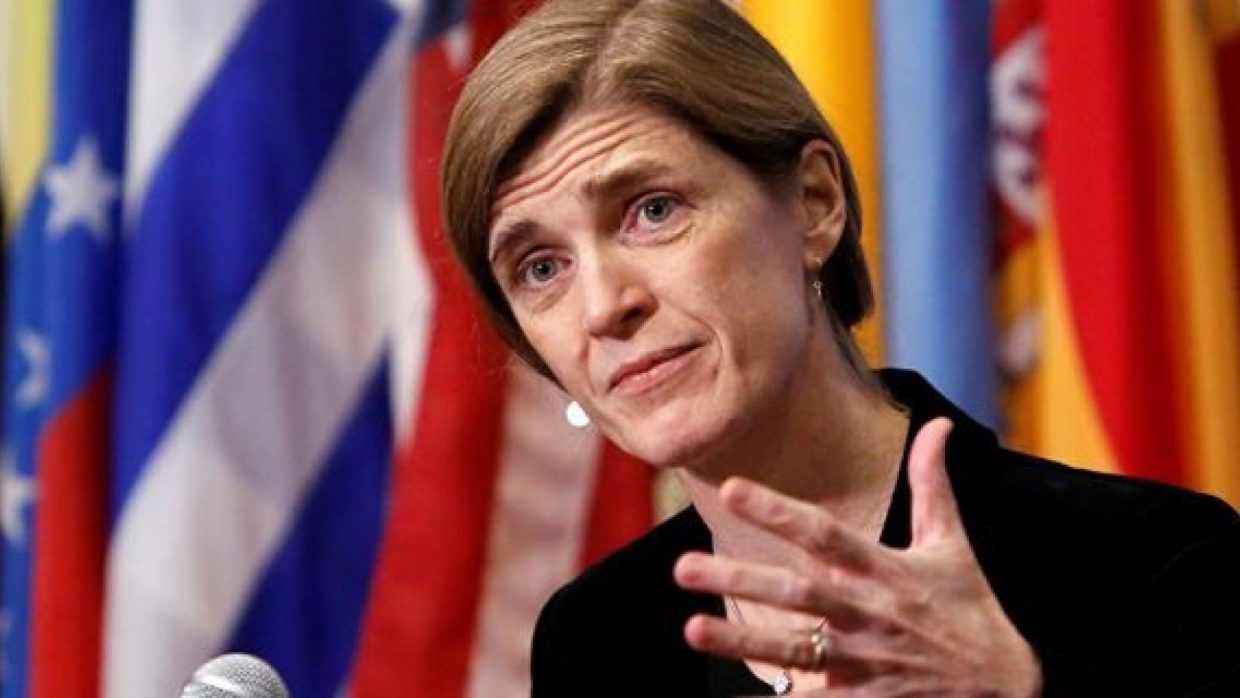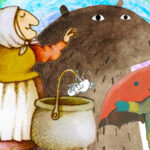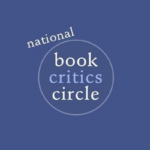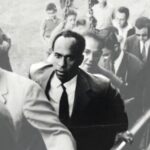The Education of an Idealist: US Ambassador Samantha Power on Soft Power and Hard Lessons
From Beyond the Page: The Best of the Sun Valley Writers‘ Conference
Welcome to Beyond the Page: The Best of the Sun Valley Writers’ Conference. Over the past 25 years, SVWC has become the gold standard of American literary festivals, bringing together contemporary writing’s brightest stars for their view of the world through a literary lens. Every month, Beyond the Page curates and distills the best talks from the past quarter century at the Writers’ Conference, giving you a front row seat on the kind of knowledge, inspiration, laughter, and meaning that Sun Valley is known for.
In this episode, former United States Ambassador to the United Nations, human rights activist, and Pulitzer Prize-winning author Samantha Power—interviewed in the lead-up to her pending US Senate confirmation vote to be President Biden’s new administrator of USAID—discusses her distinctly American journey from immigrant to war correspondent to one of America’s leading foreign policy voices. Power transports us from her childhood in Dublin to the streets of war-torn Bosnia to the White House Situation Room and the world of high-stakes diplomacy, offering a compelling and deeply honest look at navigating the halls of power while trying to put one’s ideals into practice. Along the way, she lays bare the searing battles and defining moments of her life, shows how she juggled the demands of a 24/7 national security job with raising two young children, and makes the case for how we each can advance the cause of human dignity.
*
From the interview:
John Burnham Schwartz: How was starting out as a journalist who understands the importance of storytelling and facts has impacted the way you operate in your high-profile roles in government?
Samantha Power: It’s a great question, I mean, first of all, writing is my way of making sense of what’s happening to me at any given time. So my journal keeping was my way of checking in with my conscience. … You can have friends who keep you honest, parents and loved ones who keep you honest, hopefully a spouse or partner that keeps you honest. But writing is a way to really air concerns that one might even feel you aren’t ready for prime time, aren’t ready to get broader distribution. That need to express and to explore that when you’re in roles where every word you say may be scrutinized, you may have just less flexibility there. So just having that outlet, I think, is incredibly important. I think, as a diplomat, the part of journalism that I brought to that role and will bring to US aid if I get there, is stepping into the shoes of other people, which to be a great writer like you in writing fiction is so absolutely critical.
I mean, even if it’s in your imagination to get to know and build the character in all of their complexity, I think in diplomacy too often there’s this person is the representative of their country and they come with these talking points but to try to get behind them and say, where do you come from and how did you end up getting involved in diplomacy and how is climate change affected the village where you grew up in? How many girls in your family have gone to school? To build out that portrait and then you have a negotiation with someone whose values you can really connect with.
And then lastly, and this relates, I think, to no matter what I do, but as a diplomat, storytelling, as you mentioned, as a way of trying to break through the kind of positional, rhetorical warfare or the ideology that can keep us apart, to try to find that way of piercing really amounts to the defenses of a colleague from another country. When I would travel to the field that I go to the Syrian border and talk to refugees from Syria, there’s the facts and the numbers and the horrors that everybody knows about and then there’s one boy whose dad carried him for four days to try to get surgery on his arm and the fact that he couldn’t get medevacked out. And then when you’re trying to secure that medevac for someone else to be able to bring those personal details to light.
I think it gets to what we have to do as a country in selling what we’re doing internationally and what we’re doing domestically, which is we have to tell a better story. We have to remember the importance of bringing our audiences along in the way that you as a novelist do and as a writer do, and I as a writer, I’m always thinking, is my editor going to nix this in the first instance or even going to take this story? Like if I even framed it in a way that’s appealing and then if I’ve got someone to hug, somebody with my lead, am I going to keep them? Well, we lost the thread a little bit on whether we are keeping our audience here. Domestically, and I don’t want to overread the Trump effect, but certainly it was a wake-up call in needing to tell a story about why what we do internationally matters for Americans in a whole range of ways
John Burnham Schwartz: And caring about the audience.
Samantha Power: And really never losing sight. And our audience is so diverse, just as our audience as writers is really diverse. So, yes, different frames and messages work in different places and never losing sight of that. But there are some universals that I think can resonate broadly. But I think we were not attentive enough to that. So I bring that sensibility back now to government.
To listen to more of Samantha Power and other talks from the Sun Valley Writers’ Conference, subscribe now on iTunes, Spotify, Stitcher, or wherever else you find your podcasts!
________________________________
Samantha Power is a Professor of Practice at the Harvard Kennedy School and Harvard Law School. From 2013-2017, Power served as the U.S. Ambassador to the United Nations and a member of President Obama’s cabinet. From 2009-2013, Power served on the National Security Council as Special Assistant to the President for Multilateral Affairs and Human Rights. Power began her career as a journalist, reporting from places such as Bosnia, East Timor, Kosovo, Rwanda, Sudan, and Zimbabwe, and she was the founding executive director of the Carr Center for Human Rights Policy at the Kennedy School. Power’s book, A Problem from Hell: America and the Age of Genocide won the Pulitzer Prize in 2003. She is also the author of the New York Times bestsellers Chasing the Flame: One Man’s Fight to Save the World (2008) and The Education of an Idealist: A Memoir (2019), which was named one of the best books of 2019 by the New York Times, Washington Post, Economist, NPR, and TIME. Power earned a B.A. from Yale University and a J.D. from Harvard Law School.




















